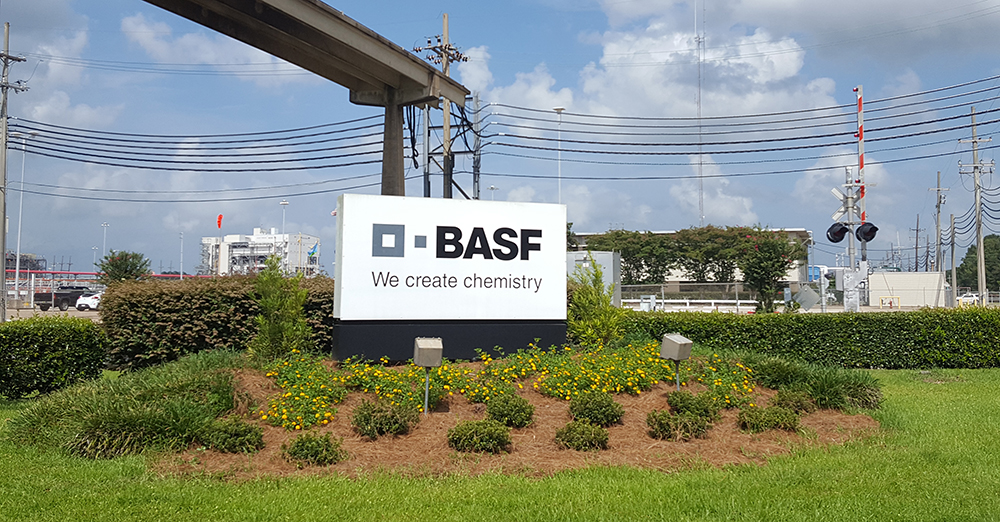An American Chemistry Council (ACC) report said that U.S. chemical production continued to expand in 2019 despite the Trump administration’s tariffs and a slowdown in global and U.S. manufacturing. The strongest production was in specialty chemicals, chemicals developed for customers that are based on their performance or service; inorganic chemicals, chemicals that do not contain carbon and are not derived from living matter; and fertilizers.
This growth resulted from domestic natural gas and natural gas liquids that the industry uses for fuel and feedstock. The chemical sector uses the most energy compared to the rest of U.S. manufacturing.
Access to cheap fuel and feedstock prompted companies to announce 340 new chemical production projects worth nearly $204 billion through late November 2019. The chemical sector accounted for almost one-half of total construction spending by manufacturers. Many of these projects targeted export markets.
With new chemical plants come jobs and economic benefits for local communities. The ACC report said the industry added high-paying jobs for the seventh year in a row in 2019. Last year, as new plants came online, there was a gain of 11,900 jobs. Employment should remain steady through 2024. Chemical workers earn on average $86,000/year, and are among the highest paid in manufacturing, according to the report. Their paychecks strengthen local economies.

Trade uncertainty
The ACC predicted that a slowdown of global manufacturing and an uncertainty around trade policy would moderate production growth in 2020 for basic (commodity) chemicals, specialty chemicals and agricultural chemicals. The trade group’s tracking of economic activity showed the U.S. economy slowing down through September 2020.
President Trump signed “phase one” of the China Trade Deal on Jan. 15, which relaxed some of the tariffs on Chinese imports and committed China to buy more American products and make other changes. U.S. companies would no longer have to share their technology with China to gain access to the country’s market.
However, the ACC told its members to expect the remaining tariffs to stay in place a while. The Trump administration placed tariffs on Chinese raw materials and chemical-containing goods. The trade tensions disrupted chemical supply chains and trade worldwide.
What to expect in 2020 & beyond
The ACC projected the largest end-use industries for chemicals in 2020 to be in construction materials, oil and gas extraction, refining, semiconductors and aerospace. Such an expectation would benefit Solvay. The company’s industrial relations officer/labor relations head, Steve Cozzetto, told the Solvay Council last fall that Solvay considered the aerospace industry to be an important segment of its business.
The ACC predicted that new housing construction should remain steady in 2020 and show modest growth through 2024. Light vehicles are an important end-use market for chemicals since over $3,000 worth of chemicals goes into the production of a vehicle. Sales are expected to slow down but remain at high levels for the next several years.
Production of basic chemicals (inorganic chemicals, petrochemicals, plastic resins, synthetic rubber and manufactured fibers) is expected to grow, especially with exports to Latin America, Asia and Europe.
Specialty chemical production, however, is expected to fall by 0.4 percent in 2020 as the demand for these chemicals in end-use markets declines. This is expected to change beginning in 2021 as the industrial sector recovers.
U.S. capital spending is forecasted to continue increasing, and by 2024, it should approach $43 billion—nearly three times the level of investment in 2010.
ACC predicted the chemical sector to be one of the few U.S. manufacturing industries expected to grow in 2020. Increased global demand for chemicals because of rising economies and living standards means export opportunities for American plants and expansion of production. This solidifies the American chemical sector as a key employer for many communities, and offers the USW the opportunity to organize more workers in this industry.
